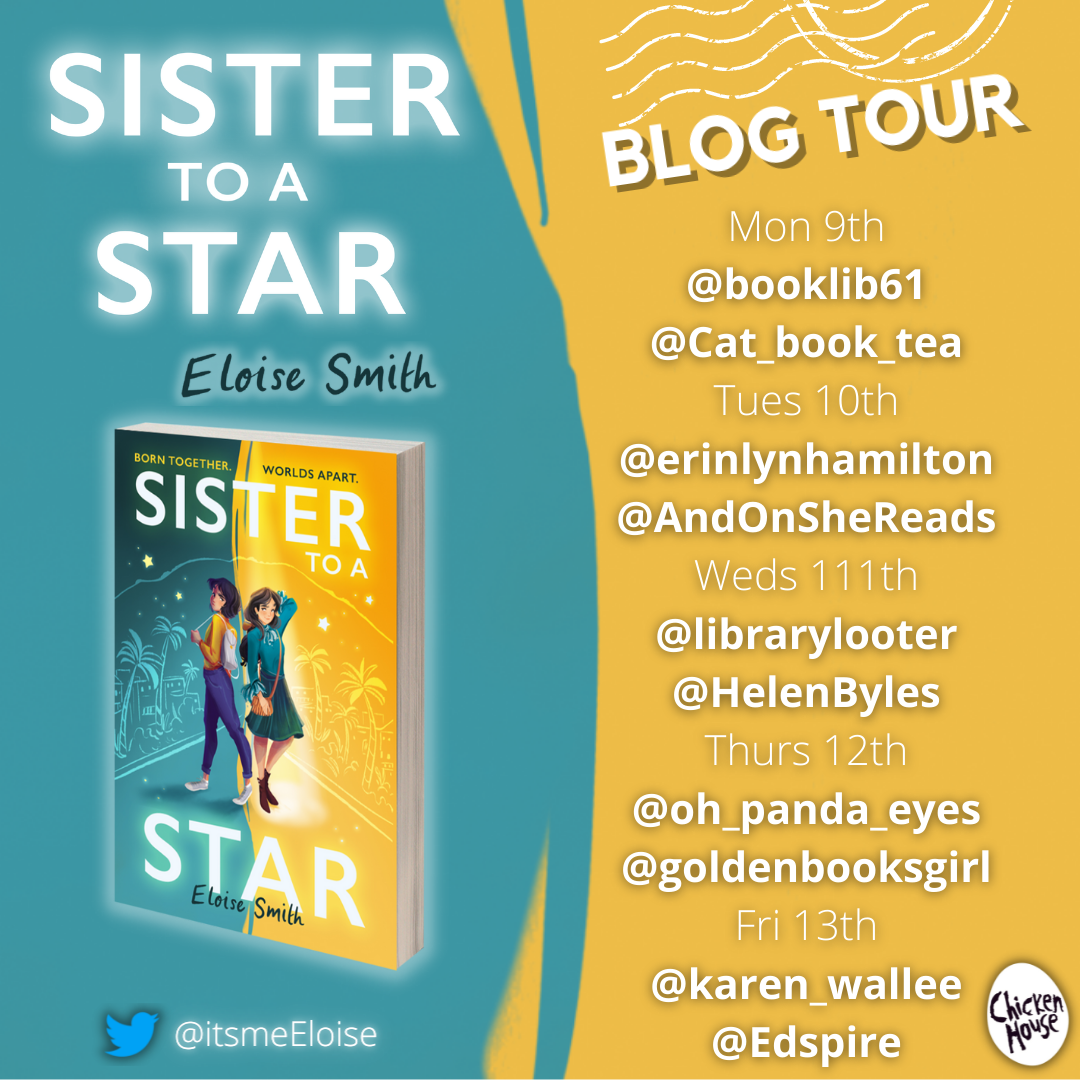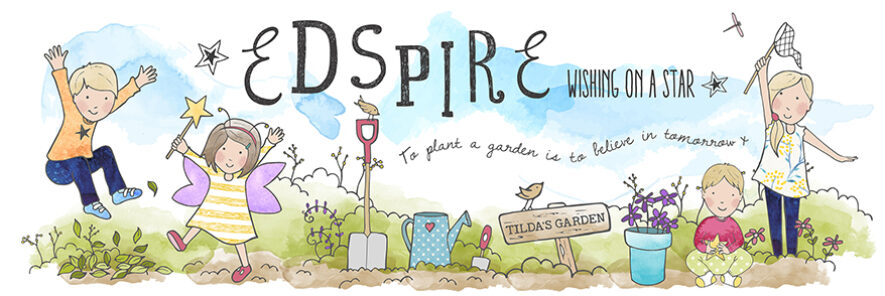Today is our stop on the book tour for
Written by Eloise Smith
Published by Chicken House Books
I have the honour of hosting a guest post from Eloise
Sharing The Writing Tips That Really Matter
And …
A review of the book
Written by William
My 11 year old son who devoured the book
And LOVED the story
Here are his thoughts
And here is the brilliant guest post
From Eloise Smith
The Writing Tips that really make a difference
By Eloise Smith
As a debut novelist, I can’t profess to be a font of knowledge on all things bookish. However, writing Sister To A Star, I picked up a few tips that really made a difference to me. Now I keep them front and centre as I write. Literally.
1. Keep it simple
This sounds obvious, but it’s deceptively difficult to achieve. The most successful children’s books (certainly in today’s market) can be summed up in a sentence. That one-liner should be able to tell you everything you need to know about the story – the idea, the central conflict and why you should care. So work really hard on getting the one-liner for your book bang on before you start writing. If the overarching story idea isn’t simple enough, your story never will be.
Similarly, the plot needs to be kept simple. No reader will thank you for confusing them with unnecessary scenes or complicated back stories. And when it comes to characters – again, keep it simple. Especially for children’s writing, characters need to have a clear flaw and a single-minded need.
2. Make it personal
If a story isn’t personal to you it shows. Not that your story should be autobiographical. It’s more that it should connect with your experiences. A good story is like a kaleidoscope of tiny fragments of scenes you’ve witnessed, people you’ve met, places you’ve been and emotions you’ve felt. I took moments from my life as an Olympic fencer and from my time on film sets to create a story about fencing in the movies.
3. Respect your reader
There are a thousand other things a reader, and especially a young reader could be doing other than reading your book. So keep your plot moving forwards constantly. Cut any purple prose. Don’t show off with unnecessarily complicated vocabulary. Make your book a fire hydrant of cliff-hangers.
4. Don’t be boring
In fiction anything can happen. It’s only the limits of your imagination holding you them back. So make sure the reality you create is the most interesting reality possible. In Sister To A Star, I made my child-star villain’s home a faux fairy tale castle full of exotic animals and white-suited butlers on the top of the Hollywood Hills. This teenage spoilt superstar’s home had dodgems, a Ferris wheel, a lake of penguins, a stray lion and a moat full of alligators. Is it entirely likely? Not really. But it’s certainly not boring.
5. Edit, edit, edit
A first draft is like a volcanic eruption – exciting, terrifying and full of endless possibilities for destruction. So the editing process is like the clean-up operation. It’s about finding clarity, making sense of the craziness, and bringing logic to imagination. And it’s also about taking away absolutely everything that’s not needed. So question whether you really need that extra scene, that extra character or that extra sentence, that extra word. And if in doubt, strip it out.

